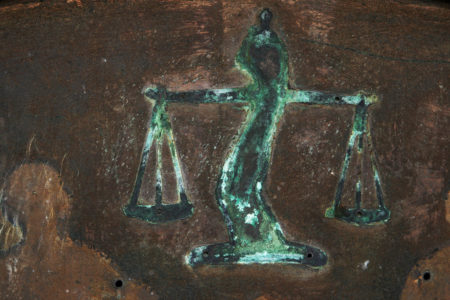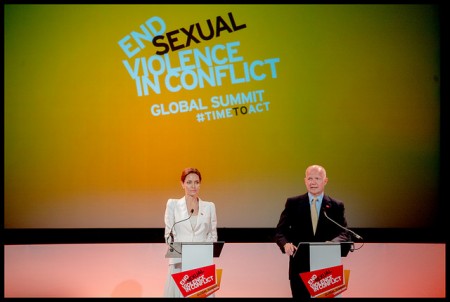
This article was originally published by Political Violence @ a Glance on 24 January 2017.
In September, US Senator Barbara Boxer introduced legislation calling for the active recruitment of women into global military and police forces because, as she notes, “when women are deployed… there are fewer allegations of sexual abuse and exploitation.” This follows a string of proposals from government officials and international organizations – as well as findings from academics – suggesting that integrating women into armed groups mitigates conflict-related sexual violence. For example, United Nations Security Council Resolution 1325 explicitly calls for gender mainstreaming in armed institutions as a solution for sexual abuse and violence against women. Some academic research supports this idea, concluding that groups may commit fewer rapes when they have high proportions of female combatants.
This argument’s core logic, however, makes a series of flawed assumptions about gender and sexual violence. First, and perhaps most significantly, it assumes that female combatants are innately less violent than their male counterparts – it suggests women’s passivity should tame otherwise violent groups. Yet women’s wartime brutality is well documented and, in many cases, female combatants also commit rape. Indeed, sexual violence persists in many groups despite female integration: high rates of ‘blue on blue’ assault in the US military and testimony from female rebels in Nepal, Colombia, and other conflicts illustrate that many female-inclusive groups abuse their own cadre in addition to civilians.




